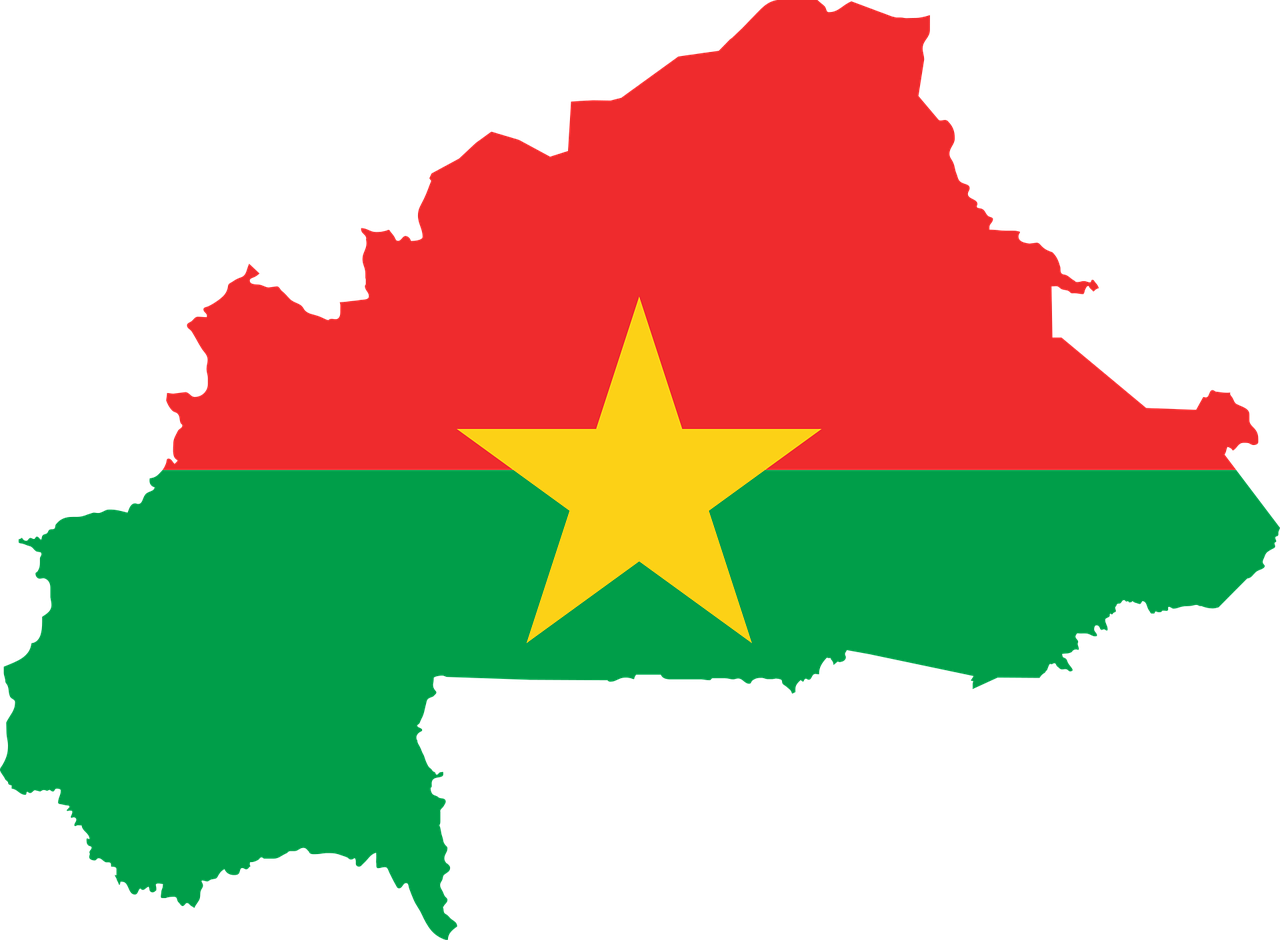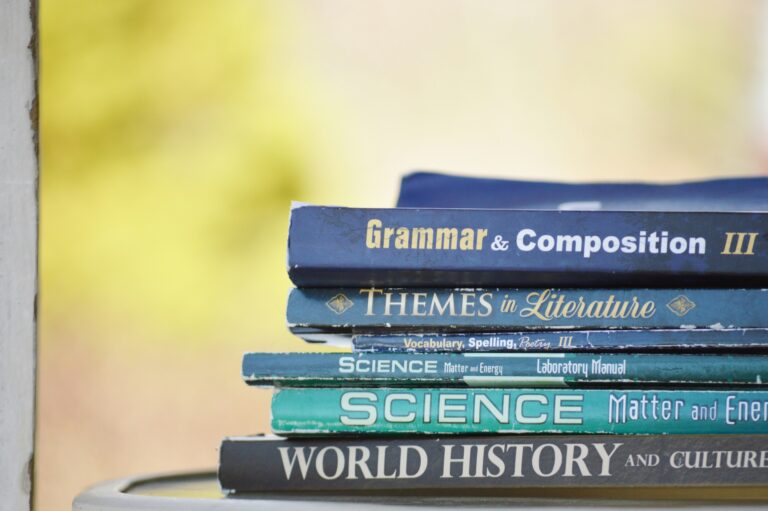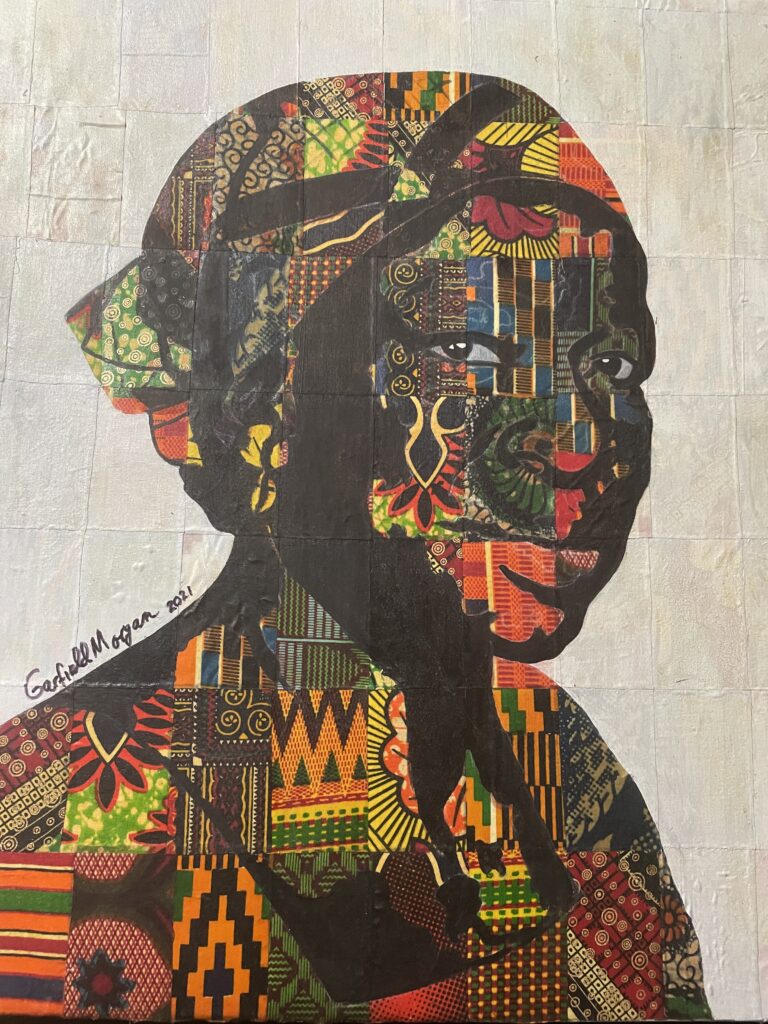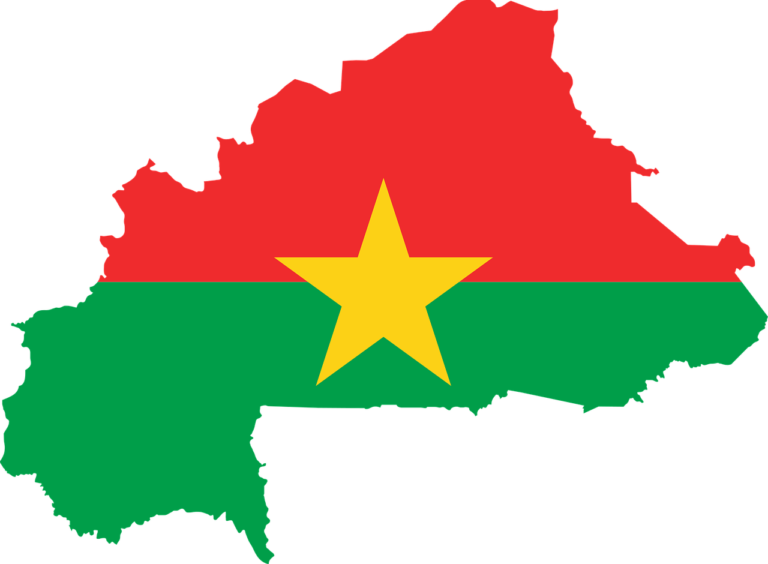The trauma of war and terror on children in Burkina Faso

The war against terror in Burkina, which started a decade ago, as the military chiefs of the country and the president have asserted on several occasions, is a war against an unidentified enemy. All that is known is that the opposing camp is made up of terrorists, aligned to larger terrorist groups like the Islamic State and Al-Qaeda. Other speculation claims it has an Islamic feature, a factor that was quickly eliminated by religious groups, especially Islamic scholars who pointed to the difference between jihad and terrorism. Consequently, the Burkinabè media does not refer to the enemy camp as jihadists. The long conflict is having scary and devastating effects on adults and children, alike.
Adults are certainly victims of this conflict and the “victory” of the terrorist-generated regime changes. That victory measured by the new territories conquered by the enemy. Civilian regimes were toppled by the military and the army, itself, showed some dissent. The first putsch ended with Lieutenant Colonel Paul Henri Damiba as head of state, but his failure to strengthen the national army and administer heavy blows to the terrorists ultimately brought about the end of his regime. Certain analysts contend that the subsequent coup was carried out by the same group of young army officers who disapproved of the laissez-faire attitude of the civilian President Roch Marc Christian Kaboré and in turn, the “irresponsibility” of Lieutenant Colonel Damiba paved the way for the second coup that brought Captain Traoré to power.
The general population approves of his governance. Sustainable development based on self-sufficiency, patriotism and anti-neocolonialism are the pillars of his agenda. Terrorists who were conquering vaster and vaster territories are now being dealt heavy blows with new equipment purchased primarily from Russia’ and the help of the military co-operation between Russia and Turkey. The overt Russia-Burkina cooperation has rendered the presence of Russian soldiers no more a secret in the country of the incorruptible man as recent news pictures were circulated of Russian military personnel among the security of President Traoré.
Citizens are in support of the war against terrorists. Almost every item purchased carries a tax which is channeled towards the support of the national troops. In certain cases, individuals disburse huge amounts of money as their contribution to the support of the national troops. The general tableau is that the majority the Burkinabè are in favour of the current regime in Ouagadougou.
There are criticisms of the regime’s policy. First, it is seen to prioritise the army and the war against terrorism and nothing else. Such arguments are negated when we think that re-conquering the national territory and putting an end to a war which is lasting so long are the sine qua non for any development plan. The second most preponderant criticism against the MPSR2 Regime (which was ultimately given a five-year transitional mandate) is that human rights are violated, and dissenting voices are muffled by the practice of sending such critics to the battlefield. Reliable sources contend that such critics of the military regime are not put at the forefront on the battle, rather, they perform functions such as “comforting a soldier whose limbs were amputated due to injuries, or consoling a widow and orphans left behind by a soldier of the national army who lost his life on the battle field”. I was told that such an assignment makes those opponents to the regime feel the reality on the terrain and when they return after such an experience, most of them show their support for the government and others choose to remain silent.
The psychological consequence of this conflict on civilians and combatants is of major concern and deserves attention, particularly the trauma visited on the relatives of the victims of the war. Weeks ago, a PhD dissertation was defended at the Joseph Ki-Zerbo University, Ouagadougou on the psychological effect of the war on the police personnel. The thesis was highly rated, well received and calls made for more research of that type.
Many psychologists and psychiatrists in Burkina, today, are overburdened because of the heavy workload they handle. With a population of 20 million, Burkina has only 113 mental health professionals including 11 psychiatrists. Among them are brilliant psychology postgraduate students who work with NGOs in order to treat or alleviate the trauma of people who have witnessed horrendous crimes. One such was an incident in which a group of terrorists rounded up civilians and shot or beheaded the husband(s) and fathers(s) in the presence of their family members. In some cases, children are forced to watch their fathers being slaughtered. The burden of the trauma generated by this war on the Burkinabè populations must be taken into account. One must commend the media for running headlines like the following to bring attention to the crisis: “In Burkina Faso, a growing number of children are traumatized by war” (Africanews, June 6-7, 2024).
The trauma is exacerbated by the dearth of mental health treatment. As in most sub-Saharan countries there are limited facilities and personnel to provide mental health care and in such a context treatment is reserved for the most severe cases. The general attitude, also, is the conviction that “children have not seen anything, nothing therefore happened to them, it is fine”. This is an attitude that a Red Cross health coordinator in Burkina laments. The treatment of trauma in children relies heavily on women, generally mothers who are the first to detect signs of trauma in young children.
Mass killings are common in the northern region of the country which experiences most of the clashes because of its strategic location. Some 20,000 civilians have, allegedly, been killed by volunteer national forces who suspect the civilians of cooperating with the terrorists. The general scenario is that after such attacks, the fear of subsequent attacks results in mothers fleeing the area, walking long distances with their children and other children, with no money, to relocate within relatively safe communities. Some two million people have been displaced by the violence in the country and 60 per cent of those displaced people are children.
This is precisely when they start detecting signs of post-traumatic stress disorder (PTSD) in the children. They have nightmares and cannot sleep at night. During the day they do not play with other children. In such cases, mothers are connected to appropriate health workers who use the practice of home visits and art therapy. They encourage children to draw their fears and talk about them.
Traditional practitioners claim that they also play an important role in this situation. One of them is reported to have said that he cures about five children every month. These “healers” tailor their treatment to the trauma suffered. Attacks on these health facilities have brought about their closure and that compounds the problem since 3.6 million people are left with no access to basic health care and mental health care is obviously non-existent.
These millions of displaced mothers and children have limited mental health treatment, but we need to recognize that the few mental health workers on the terrain are doing their best. One solace to be found in the host communities is that the majority of mothers (who are themselves are traumatized in most cases) and their traumatized children are warmly welcomed and ultimately become a real family for the newcomers.
Moussa Traoré is Associate Professor at the Department of English, University of Cape Coast, Ghana.







Hello,I hope you are doing well.We are Allright here too. Thank you so much for the test that is about traumatism in the current situation of Burkina Faso.It is really a good analysis that shows the current and post consequences of terrorism that have to be taken in account in the policy of the government to prevent traumatism after the war.We think that many efforts are done about this issue.Thank you again
Really you have done a great job, I do appreciate, this war has been imposed on us, so we should not kneel down or think about giving up .
About the trauma, I suggest that government should quickly train and enlarge the number of mental health professionals and psychiatrists in order to able to take care of the population.
God bless you enormously dear and loving doctor!!!
Long live Burkina Faso 🇧🇫
Fatherland or death we shall overcome ☮️
Collateral damage. Seeing that the war on terror is necessary and likely to be a never ending battle, governments in Africa should be developing long term plans and contingencies for mental health problems resulting in children and women from it. That failing, we win one war, then have another to fight–children growing up, traumatised by war, and we don’t know how it will affect their development and influence their choices and actions later on. It’s dicey.
We Burkinabe are overwhelmed by what is going on. But, we believe that one day our nation will be free from any attack. We often say that difficult times forge powerful individuals.
That said, we are strengthening ourselves now and we shall prevail at all cost as long as this country is ours.
I thank you for this post! You are the voice of the voiceless
Really it is a fantastic analysis of the history and the current situation of our nation.
Such a analysis allow us as young to understand more our situation. Thank you so much
I am really happy to see you following our current situation even though being outside of the country. I see that you are still and will forever give your help and express your love to Burkina Faso.
Thank you very much
May God Bless You🙏🙏🙏
Evening.I really appreciate your analysis on the terrorism in the country of faithful people. What you said in this writing there’s nothing to add.if you read well and arrive to understand the message of the writing you will enjoy it.
Good afternoon, I hope that you are fine . I’m very appreciative to your well defined contribution to our education. Let’s notice that your intellectual production is very powerful for it depicts the realities of our societies today.
Best regards
The beginning of this article carries a general remark and observation.However the half-part up to the end deals narrowly with the mental states of the displaced people.So I granted a great deal of importance to that part.
I appreciate it 👍
Thanks 👍
I’m happy to hear this. Kudos to President Ibrahim Traore for such a timely intervention. I think, the development of any country is anchored on peace. ” involvement of Russian and Turkish troops in Burkina and citizens are jubilating? It sounds very interesting but by no means entirely reasonable. The reason? Simple! In as much as there would be a robust-counter terrorism strategy, potentially resulting in a reduction in torrorist activities and improve the overall security in the county, gaining international support and alliance might deter torrorist groups from escalating their activities and other benefits I cannot mention. Nonetheless, I strongly believe that, President Ibrahim Traore should not lose sight of the following.: Sovereignty issues. The presence of foreign troops could be seen as an infringement on national Sovereignty. Considering the current attitude of Russian attitude in terms of war,one is tempted to sense danger in the military affairs of Burkina Faso. Believe it or not, there would be public discontent and resistance, going forward. Let me conclude on the geopolitical tension this alliance might come with. Aligning with Russia and Turkey could strain Burkina Faso’s relationships with Western countries, particularly, the US.
As a Ghanaian graduate, my humble plea to President Traore is for him to bite the bullet fully and ensure that, these foreign powers do not exacerbate existing internal conflicts or create new ones.
Thank you Traore for your write-up.
…..Sakara Mumuni….
Ghana 🇬🇭